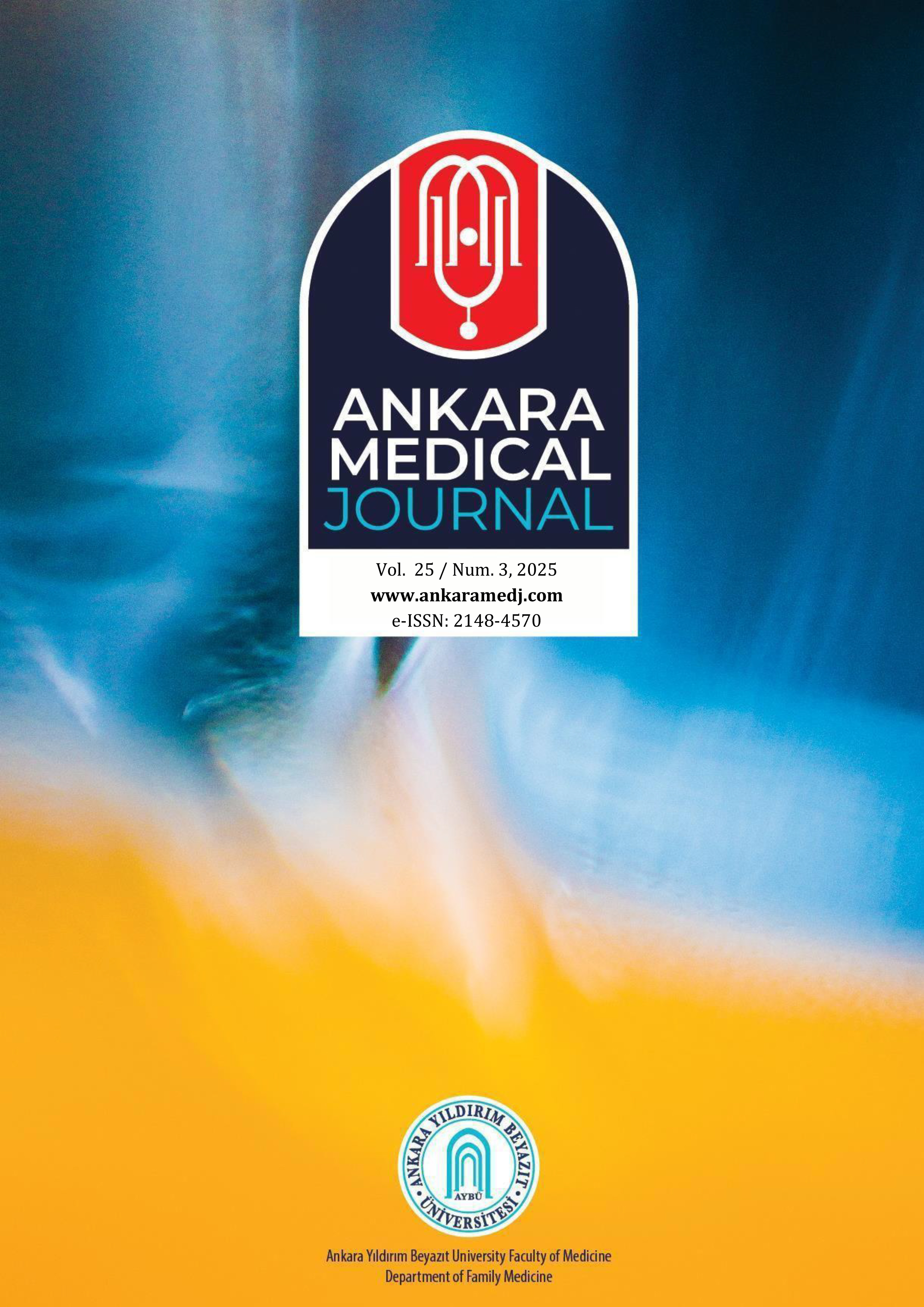Factors affecting pregnancy stress and its relationship with adverse birth outcomes
Semiha Zeynep Özsaydı, Seçkin Özsaydı, Mebrure Beyza GökçekHealth Directorate of Kayseri, Kayseri, TürkiyeINTRODUCTION: This study aimed to investigate the association of some sociodemographic characteristics and pregnancy stress levels of pregnant women with adverse birth outcomes.
METHODS: This study was conducted on pregnant women who applied to Hacı Nimet Köseoğlu Family Health Center (FHC) in 2022. A questionnaire was administered twice, prenatally and postnatally. Pregnancy Stress Rating Scale (PSRS) was applied in the first stage. In the second stage of the study, those who completed the first part of the questionnaire were administered the continuation of the questionnaire after delivery. Pearsons test and Fishers Chi-Square test were used to compare categorical data, and Student's t-test was used to compare the means of two independent groups.
RESULTS: The mean PSRS score of the participants was 97.0 ± 23.7. Those with chronic disease had a higher PSRS score than those without chronic disease (p=0.011). Those who experienced numbness in the hands and feet had a significantly higher PSRS score (p<0.001). The mean PSRS score of mothers whose babies were given formula after birth was higher than those whose babies were not given formula (p=0.039).
DISCUSSION AND CONCLUSION: Pregnant women with chronic diseases and symptoms such as hand-foot numbness had significantly higher stress levels. A significant relationship was observed between postpartum formula feeding and pregnancy stress levels. Managing factors that may cause pregnancy stress may be beneficial in terms of some adverse birth outcomes, such as postpartum formula feeding.
Keywords: Pregnancy, adverse birth outcomes, pregnant women.
Makale Dili: İngilizce
(1332 kere indirildi)





